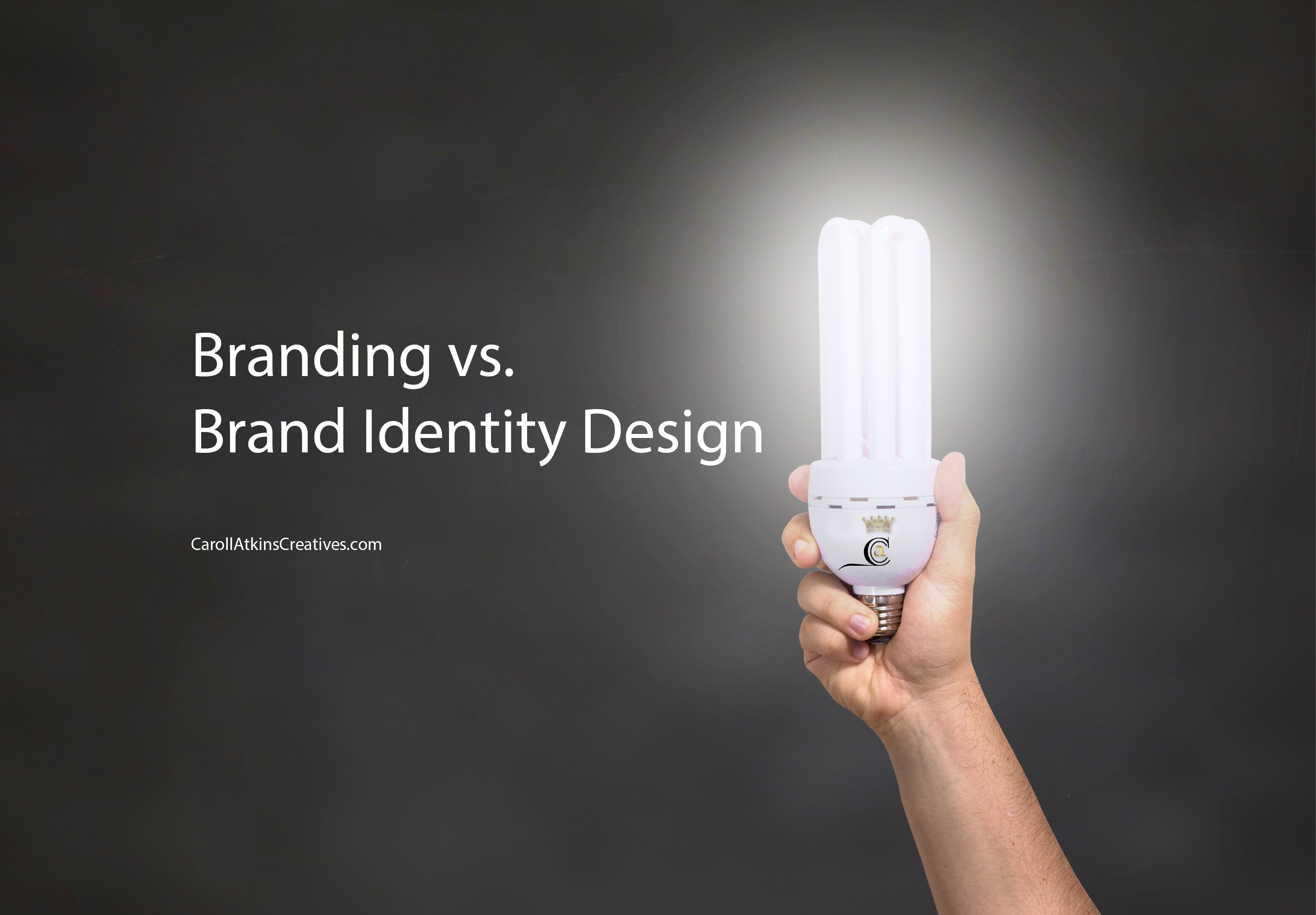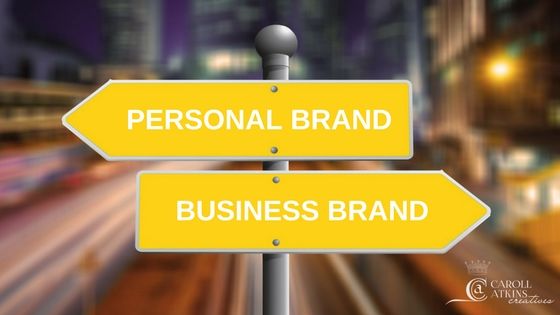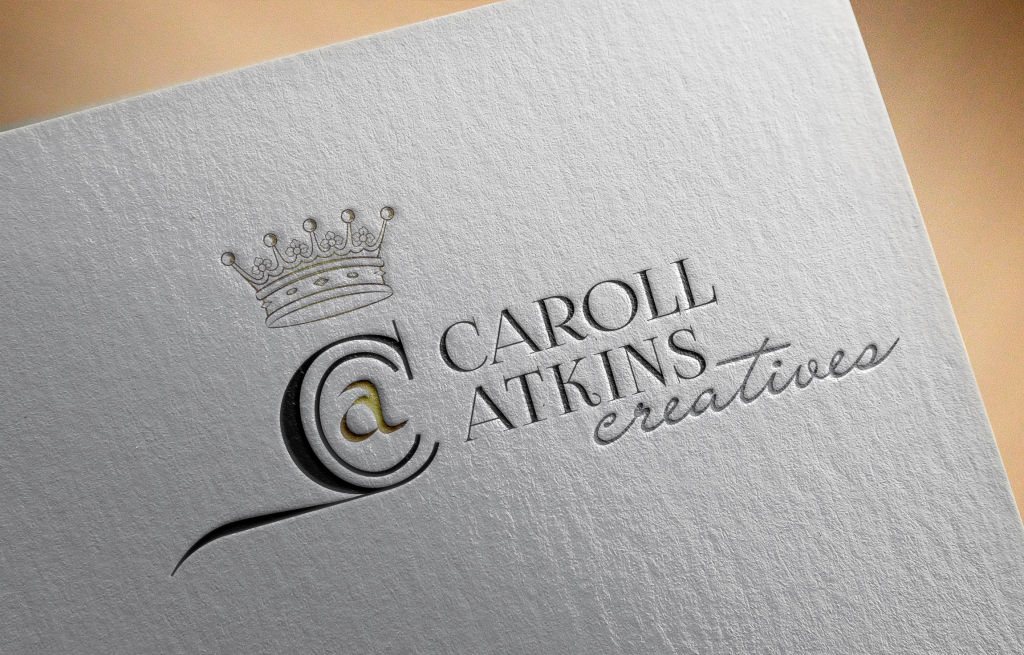You have finally found the perfect name for your business. Now it’s time for a cool new logo to represent that business. One that gets attention and compliments and yes, bring the customers calling. Your logo is your brand after all. Whoa, is it really your brand? Is a logo a brand? Unfortunately many people mistakenly believe their logo is their brand. It is not. It is part of your brand identity design which in turn is part of your branding strategy. Confused? For a clearer understanding of what is your brand and what is brand identity design, please read on.
I started my entrepreneurial career as a graphic designer 13 years ago. Several years in, I was led to explore brand styling, mostly because of instinct and logic. You see, my instinct told me for years, “do not let a customer come to you needing a logo mark without educating them on exactly what that is and what they must know about their brand before getting one.” At that point most of my clients would say, “the logo is my brand, that is what I want a brand!” Many of my clients seemed more interested in something that was anywhere from cute to cool. Most of them knew very little about the market their business was hoping to attract let alone what that market would think is cute or cool and more importantly why. They gave very little thought if any to how they wanted a potential customer to feel once they saw their logo. Thinking about the customer’s emotions to their brand was just not on their radar.
13 years ago, branding was very new to my clients and probably to a lot of other people. What was clear back then is that many were simply looking for brand identity design.
Brand Identity Design: how a business wants to be perceived by its customers. Through brand identity design a brand will communicate with its niche. The brand identity is a cohesive message that uses a name, logo, imagery and various styles.
Branding: this is the purposeful and intentional actions a business takes to reveal its promise and to elicit a favorable emotional reaction from its target audience.
Brand identity design, branding, logo
Even today, there are still a lot of misconceptions between what is a brand identity design, branding or even a logo. Keeping my above definitions in mind, it is clear to see that a logo is part of brand design identity plan and an element used in branding. To make sure your business is as strong and solid as it can be, you need branding. Your branding must be consistent and it must be thoughtful. Many of my clients would say to me, “I just need a logo, that should be enough for my brand and if I really do need branding, can’t I just do it later?” At this point I would inform them whether they knew it or not, as soon as you expose any part of your business to the public, be it through sales, advertising or simply discussing it with people, you have started the process of branding. Is what you are doing and saying consistent, thoughtful, informative with a specific brand personality, tone and voice that you have given purposeful thought too? Do you have a brand design identity plan to introduce the target audience to your brand’s promise? These are the elements you want to make sure are always in place when you are promoting your brand. These elements help to build your brand. So as you can see, in all actuality brand identity design is part of branding.
Branding and brand identity working together
Once you have the branding foundation which will include the business’ core values, mission and vision statements, personality, tone and voice, you can use it to create the visual aspect or the brand identity of your business. Remember branding is about creating an experience for your customer. The brand identity will help to express this visually and give your brand a cohesive, memorable and professional look and feel.
Conclusion
I hope this article helped to clarify the difference between branding and brand identity design. Please take some time before you design your brand’s identity to understand several aspect about what your target audience is like, what they value, what their problems to be solved are and most of all how you would like them to feel and what experience you would like them to have with your brand.
If you are looking for an experienced brand stylist who will help you create and express the intangible elements of your branding into strategic, thoughtful and impactful visuals, please contact me at Caroll Atkins Creatives.
Do you know the difference between branding and brand identity design? What does that mean to you and how do you define it?
Caroll Atkins, Brand Stylist / Creative Director





You must be logged in to post a comment.